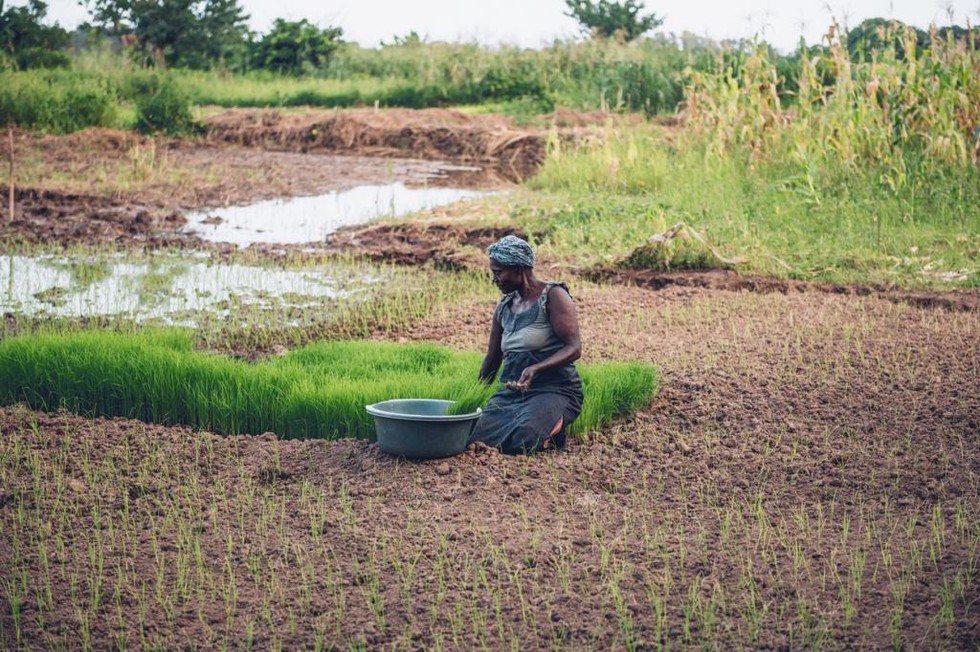Rice vampireweed (Rhamphicarpa fistulosa) is a parasitic weed that significantly impacts rice cultivation in Africa. A recent report sheds light on its prevalence, economic losses, and research progress regarding its control and management.
Prevalence and Impact
- R. fistulosa is present in at least 35 African countries, predominantly in rainfed lowland rice areas, posing a serious threat to agricultural productivity.
- It affects approximately 225,000 hectares of land, impacting around 140,000 farm households.
- Countries such as Gambia, Senegal, Burkina Faso, and others face the highest infestation rates.
- The continent-wide economic impact of R. fistulosa amounts to around $82 million annually, with Nigeria experiencing the most significant production losses.
Research Progress
- Researchers Jonne Rodenburg and Lammert Bastiaans reviewed literature to provide comprehensive insights into R. fistulosa, informing the crop protection research community and extension services.
- Their study, published in Crop Protection in July 2024, highlights the need for effective strategies to mitigate the weed’s impact.
Future Projections
- The infestation area is projected to increase by 2% annually, leading to an additional $12 million in economic losses each year.
- While current impact figures are specific to rice, R. fistulosa also affects other cereal crops, potentially causing even higher economic losses.
Control and Management
- Early sowing has been identified as a measure to decrease infection by R. fistulosa.
- Certain rice cultivars, such as NERICA-L-40 and -31, exhibit resistance and high yields in infested conditions, offering potential solutions.
- The development of New Rice for Africa (NERICA) varieties, adapted for various environmental conditions, represents a promising advancement in combating parasitic weeds.
Previous Research
- In 2016, an international team of researchers raised concerns over the significant economic impact of parasitic weeds on rice production in Africa, emphasizing the widespread nature of this issue in rain-fed cereal production systems.
Multiple-Choice Questions (MCQs):
- What is the estimated annual economic impact of Rice vampireweed (Rhamphicarpa fistulosa) on Africa’s economy?
- A) $12 million
- B) $50 million
- C) $82 million
- D) $100 million
- Answer: C) $82 million
- Which of the following countries experiences the highest production losses due to R. fistulosa?
- A) Mali
- B) Nigeria
- C) Tanzania
- D) Madagascar
- Answer: B) Nigeria
- Which publication highlighted the research progress and insights into R. fistulosa?
- A) Agriculture Today
- B) Crop Protection
- C) Weed Control Quarterly
- D) African Crop Journal
- Answer: B) Crop Protection
- What is suggested as a potential strategy to mitigate R. fistulosa infestation?
- A) Increased fertilizer application
- B) Late sowing of rice crops
- C) Adoption of resistant rice cultivars
- D) Reduction of irrigation frequency
- Answer: C) Adoption of resistant rice cultivars
- What significant advancement is mentioned in combating parasitic weeds like R. fistulosa?
- A) Development of genetically modified rice varieties
- B) Introduction of chemical pesticides
- C) Utilization of drone technology for weed control
- D) Creation of New Rice for Africa (NERICA) varieties
- Answer: D) Creation of New Rice for Africa (NERICA) varieties
